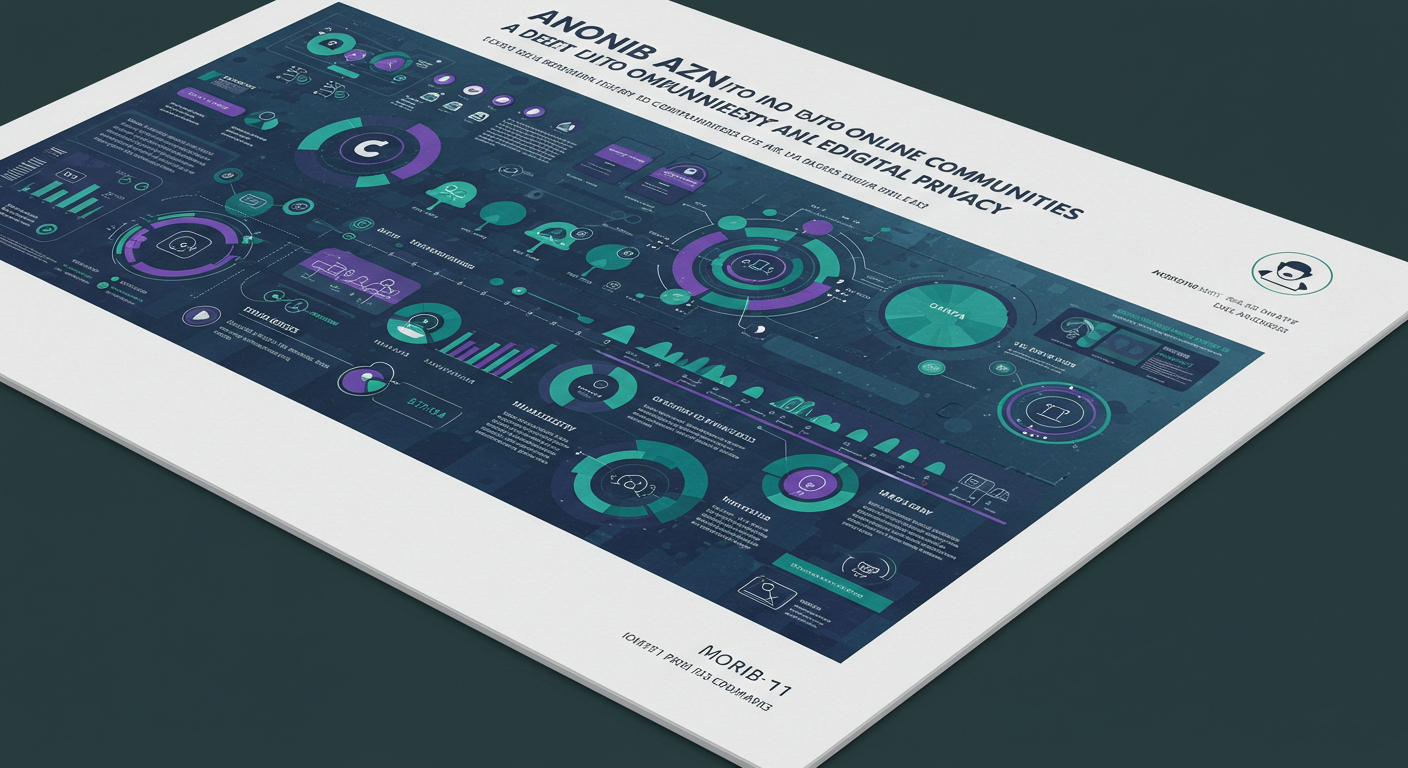The term Anonib AZN has become increasingly recognized across online platforms, especially within digital forums and social media discussions. Essentially, Anonib AZN refers to a community-driven forum that focuses on anonymous content sharing, particularly among Asian communities. While anonymity has its advantages, platforms like Anonib AZN have also sparked conversations about privacy, consent, and the boundaries of online interaction. Understanding the roots, culture, and controversies around Anonib AZN helps shed light on the evolving nature of online anonymity and community building.
What is Anonib AZN?
At its core, Anonib AZN is part of a larger network of imageboard-style communities where users can post content without revealing their identity. The “AZN” label generally refers to Asian or Asian-related content, highlighting cultural and community ties within the digital world. These platforms often operate with minimal user verification, allowing for open discussion and sharing.
However, while Anonib AZN was initially seen as a space for freedom of expression and cultural exchange, it has also been associated with privacy concerns due to the anonymous nature of content uploads. Many of these platforms operate in legal gray areas, making them the subject of scrutiny and debate.
The Rise of Anonymity in Digital Spaces
The growing interest in platforms like Anonib AZN is part of a broader trend toward anonymous communication on the internet. Users increasingly seek spaces where they can express themselves freely without fear of judgment, censorship, or social backlash. Anonymity allows individuals to share their thoughts, experiences, and identities in ways that might not be possible on mainstream networks like Facebook or Instagram.
However, anonymity also introduces challenges. It can empower free speech but can also lead to misuse. Anonib AZN, like other anonymous platforms, has faced criticism for content that crosses ethical boundaries. This dual nature of anonymity—freedom versus responsibility—defines the ongoing discussion around such online spaces.
Anonib AZN and the Culture of Online Communities
Online communities like Anonib AZN often reflect the diversity and creativity of internet culture. Within the Asian digital community, these platforms sometimes serve as spaces for cultural expression, memes, and discussions about shared experiences. Many users appreciate the ability to connect with others who share similar backgrounds or interests.
At the same time, anonymity can blur lines between acceptable and inappropriate behavior. Without clear accountability, content moderation becomes difficult, which can result in privacy violations or inappropriate material being shared. Understanding these dynamics is crucial to grasp the full picture of how communities like Anonib AZN function.
Privacy and Ethical Concerns Surrounding Anonib AZN
One of the most significant challenges faced by Anonib AZN and similar websites is maintaining ethical boundaries in content sharing. Because users post anonymously, it is often unclear whether the shared content has been uploaded with consent. This has led to multiple controversies and discussions about online rights, digital ethics, and legal accountability.
From a privacy standpoint, the anonymous structure of Anonib AZN makes it difficult for affected individuals to have content removed or traced. Governments and cybersecurity experts have debated how to handle such platforms without infringing on users’ freedom of expression. The balance between online privacy and digital safety remains delicate and unresolved.
Legal Implications of Anonib AZN
The anonymous nature of Anonib AZN poses significant legal challenges. While many countries have laws against the sharing of private or explicit content without consent, enforcing these laws becomes difficult when identities are hidden. Some regions have introduced stricter digital privacy regulations, compelling internet service providers to monitor or restrict access to such forums.
However, these restrictions often clash with the concept of free speech. For advocates of internet freedom, platforms like Anonib AZN symbolize resistance against excessive government control. On the other hand, critics argue that unchecked anonymity can facilitate online harm. This legal tug-of-war continues to shape the future of online anonymity.
Community Moderation and Responsibility
Effective moderation is vital for any online platform, especially those like Anonib AZN that operate anonymously. Without structured moderation, harmful or non-consensual content can quickly spread. While some versions of Anonib AZN attempt to set community rules and reporting systems, enforcement is inconsistent.
Many users believe that self-moderation—where community members report inappropriate content—can maintain a balance. Yet, history shows that relying solely on users rarely ensures ethical behavior. Sustainable solutions must combine technological tools, community awareness, and clear policies.
The Psychological Appeal of Anonymity
Understanding why people use platforms like Anonib AZN requires exploring the psychology behind anonymity. When people interact anonymously, they often feel liberated from societal expectations. This freedom can encourage creativity, honesty, and exploration of identity.
However, this same sense of freedom can lead some users to act irresponsibly, posting harmful or controversial material they would never share publicly. The challenge lies in promoting positive engagement while discouraging unethical activity.
How Anonib AZN Reflects Broader Internet Trends
The story of Anonib AZN mirrors larger trends in internet behavior. The rise of anonymous platforms, encrypted messaging apps, and decentralized social networks all point to a demand for privacy and control over personal data. Users are becoming more aware of how much information traditional platforms collect and seek alternatives that protect their identity.
Yet, the experience of Anonib AZN also serves as a cautionary tale. Absolute anonymity without accountability can foster a lack of ethics. The goal for future online platforms is to create safe spaces that balance privacy with protection against abuse.
Conclusion
In summary, Anonib AZN represents both the promise and peril of internet anonymity. It provides a space for cultural sharing, personal expression, and connection—but it also raises concerns about privacy, consent, and ethics. As digital culture evolves, so too must our understanding of responsibility within anonymous communities.
Moving forward, the future of platforms like Anonib AZN will depend on how society navigates the tension between freedom of expression and digital accountability. Education, awareness, and improved moderation tools can help shape a safer, more ethical online environment for everyone.

